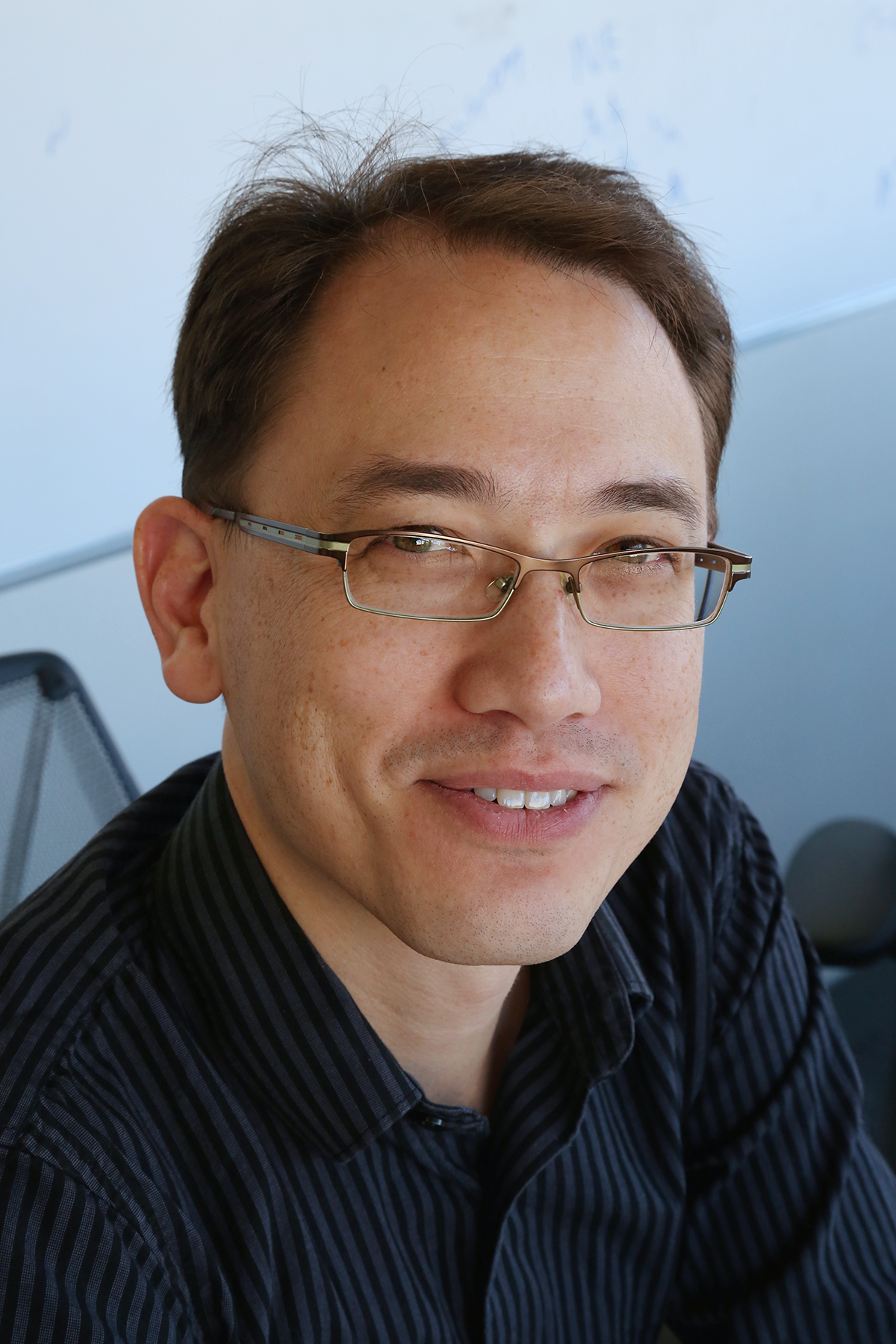Research Summary
Dr. Miao has had a long interest in gastrointestinal innate immunity against infection both in the small and large intestine and in the liver. His research is focused on in vivo biology as well as using organoid cultures to study IECs in vitro. He has studied gastrointestinal pathogens beginning with PhD research characterizing type III secretion (T3SS) effectors in Salmonella. He continued to study the innate immune response to Salmonella T3SS during his postdoctoral studies, discovering that the NLRC4 inflammasome detects T3SS activity by sensing flagellin or T3SS rod protein translocation. He has continued to study Salmonella, most recently using Salmonella to show that the NLRC4-driven process of extrusion of intestinal epithelial cells (IECs) requires a long-misunderstood cell death effector called caspase-7. By studying IEC extrusion, he discovered the function of caspase-7 is to prolong the life of an extruding IEC, buying it enough time to complete the extrusion process. Without caspase-7, extrusion is defective and intestinal damage becomes more severe during Salmonella infection. His group also focuses on the liver. They found that an environmental pathogen called Chromobacterium violaceum causes infection in the liver that is fully cleared by the granuloma response. The immune system generates a picture-perfect granuloma in the liver with remarkable properties. This is a novel model pathogen that allows study of granulomas that act at peak efficiency to clear an infection. He is also studying new environmental pathogens that also infect the liver, which is leading to a paradigm that hepatocytes may be an optimal niche for intracellular bacterial infection, however, the innate immune system is adept at closing this niche quickly.
CGIBD Focus Area(s): Microbiome
Pilot and Feasibility Award 2014
Collaborators: Ting
